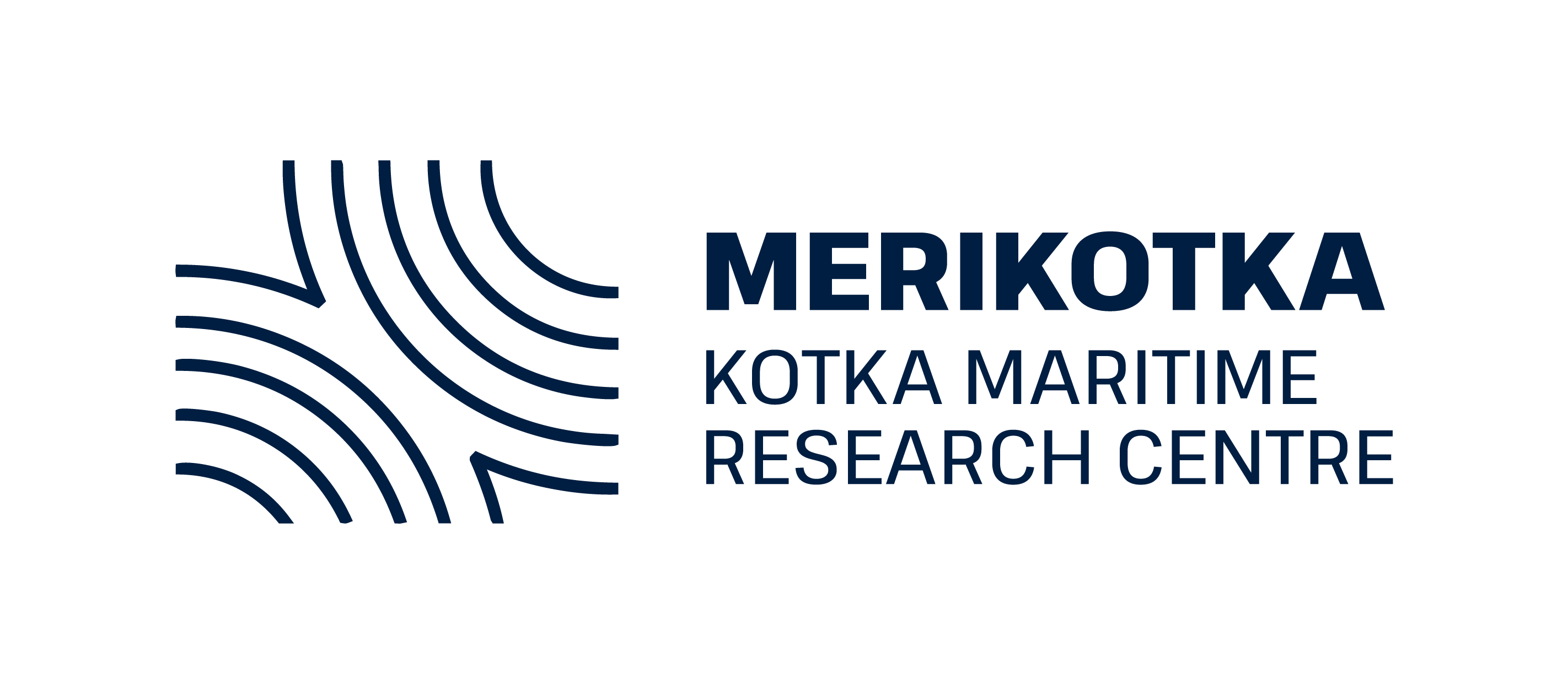MSocSc Tuuli Parviainen defended her doctoral dissertation in the field of environmental social sciences at the University of Helsinki on December 16th, 2021. The opponent was Doctor Annika E. Nilsson from the Luleå University of Technology, Sweden. Parviainen’s thesis work was supervised by Professor Sakari Kuikka – a member of the Kotka Maritime Research Centre’s management group, from the University of Helsinki. The second supervisor, Adjunct Professor Päivi Haapasaari was also a member of the management group in 2019 – 2020. The thesis work has been conducted as part of the KMRC research network’s joint projects, BONUS BALTIMARI and CEARCTIC.
The thesis, titled as “Coping with contested risks: Exploring how oil spill risks are governed through governmentalities”, consists of three scientific articles and a summary section. The entity demonstrates how under the current governance approach oil spill risks are made better “manageable” by reducing their socio-ecological complexity. The complexity refers to the high level of uncertainty and the ambiguity arising from different, sometimes conflicting, perceptions and understandings of risks. These and the societal values and knowledge systems related to the risks are often ignored and side lined.
In her thesis, Parviainen explores how the current oil spill risk governance could be improved by supporting novel ways of producing knowledge to inform policy and practice. She studies how boundary objects, such as risk models and assessments, could support mutual understanding and collaborative knowledge production among different stakeholders and further on turn the knowledge into actions.
“Science and scientific knowledge play invaluable roles in the governance of oil spill risks”, says Tuuli Parviainen. “However, the risks are often framed in a constricted manner, without considering the alternative framings”, she states and continues: ”The governance processes are also largely based on techno-scientific knowledge, and the knowledge from different scientific disciplines and from outside the academia are not integrated into real-life decision-making processes. The narrow scope of the framing and data have led to pre-determined solutions, where the root causes of risks are not considered.”
Collaborative and participatory approaches involving stakeholders from different fields of the society are seen to better account for the complex nature of many socio-ecological risks associated with global environmental change. The dissertation of Tuuli Parviainen indicates the global need for new, flexible marine risk governance approaches and tools that encourage deliberation and dialogue around competing goals, facilitate collaboration and co-production of knowledge, as well as promote social learning in innovative ways.
The thesis summary can be downloaded from the University of Helsinki’s publication archive Helda.










